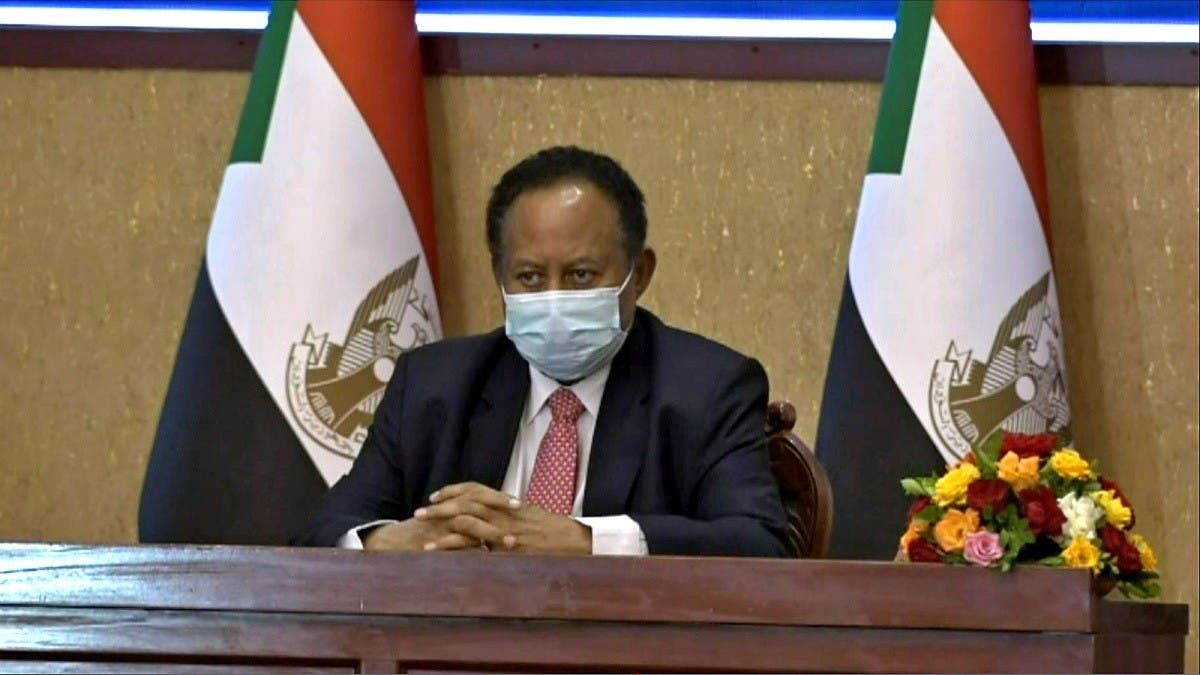The United States has urged Sudanese leaders to ensure civilian rule and end violence against protesters after Abdalla Hamdok resigned as prime minister, throwing a transition towards elections deeper into uncertainty.
For the latest headlines, follow our Google News channel online or via the app.
“After PM Hamdok’s resignation, Sudanese leaders should set aside differences, find consensus and ensure continued civilian rule,” the US State Department’s Bureau of African Affairs said in a tweet.
Hamdok, an economist and former United Nations official widely respected by the international community, had served as prime minister under a military-civilian power sharing deal that followed the overthrow of former leader Omar al-Bashir in 2019.
The military dissolved his government in a coup in October, but he returned a month later under a deal that tasked him with forming a government of technocrats ahead of elections in 2023.
Hamdok announced on Sunday that he was resigning after being unable to forge a consensus to bring the transition forward. He called for dialogue to reach a new agreement for the transition.
Reaction on social media in Sudan was divided, with some saddened by the loss of a leader who they said stood out for his wisdom. Others, still angry with Hamdok for returning after the coup, expressed their resolve to end military rule.
Jibril Ibrahim, a former rebel leader who served as finance minister under Hamdok but expressed support for the military before the coup, called his resignation “regrettable”.
“Our nation needs political compromise today more than ever to navigate safely through these turbulent times. There is a room to accommodate everyone.”
Hamdok’s resignation came hours after the latest round of mass rallies against the military. At least 57 civilians have been killed as security forces have moved to contain or disperse demonstrations since the Oct. 25 coup, according to medics aligned with the protest movement. Further protests are planned for Tuesday.
Hamdok had been a key partner for the international community as Sudan sought to emerge from decades of isolation and sanctions under Bashir and to end an economic crisis, with Western backing.
The US State Department said any new appointments should follow the power sharing deal struck in 2019.
“Sudan’s next PM and cabinet should be appointed in line with the constitutional declaration to meet the people’s goals of freedom, peace, and justice,” it said. “Violence against protesters must cease.”
Read more:
Sudan’s PM announces resignation amid political deadlock
Timeline of Sudan’s political strife
Sudan security forces kill two anti-coup protesters: Medics

 World2 years ago
World2 years ago
 World2 years ago
World2 years ago
 Entertainment7 years ago
Entertainment7 years ago
 World7 years ago
World7 years ago
 Entertainment7 years ago
Entertainment7 years ago






